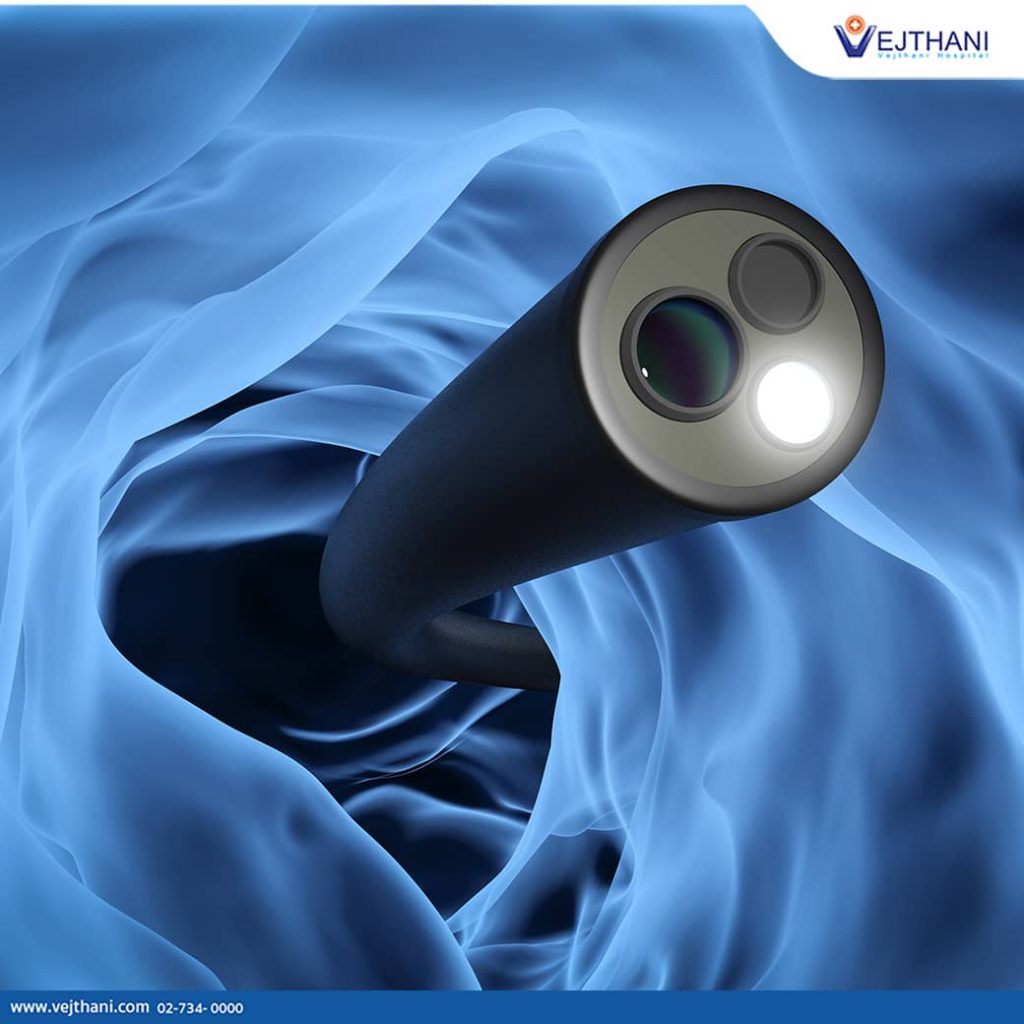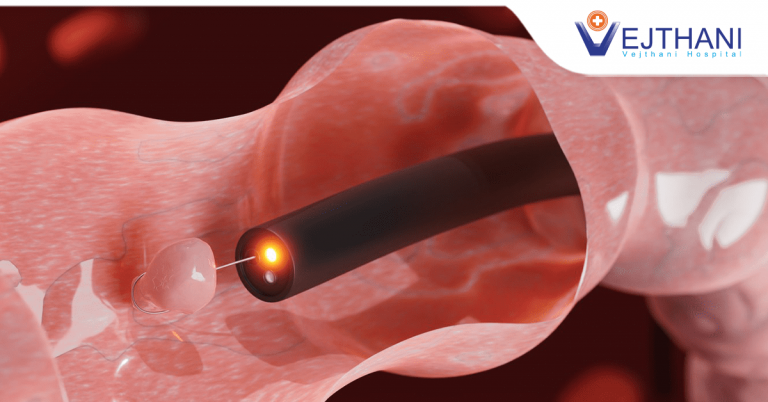

As our bodies are getting older, we become more susceptible to different diseases. Colorectal cancer is one of the diseases that occur primarily in people over the age of 45. This cancer is the third most common type of cancer in both men and women, but it is treatable if detected early. It is most prevalent in people between the ages of 55-65, but the need to detect it early means that screening typically starts at age 45.
After the age of 45, you should be screened for colorectal cancer periodically. Your doctor can recommend how frequently you should be screened based on your current physical condition, your medical history, and your family’s medical history. People with a family medical history that reveals instances of this cancer will need to undergo screening more often.
In addition to this, people with certain chronic conditions, including ulcerative colitis, Crohn’s disease, and Lynch syndrome, have a higher risk of contracting colorectal cancer and will be screened more often.
Screening Procedures
There are many ways to screen for colorectal cancer depending on the patient’s medical history, but two of the more commonly used techniques are:
- Stool Test
- Colonoscopy
- Circulating Tumor Cells
Stool Test
The stool test is actually a blood test that checks for the presence of blood in the stool. Colorectal cancers and polyps can bleed so this test checks for the presence of blood in the stool sample. There are three types of stool tests that are currently approved for effective cancer screening. As these tests are all non-invasive, they are recommended for people at average risk of colorectal cancer.
Colonoscopy
Most people have heard of a colonoscopy. They’re widely used because they allow the gastroenterologist to view the entire colon. There is a similar test called a sigmoidoscopy that views only the rectum and sigmoid colon, but doctors typically prefer to view the entire colon. (Sigmoidoscopy is not recommended)
There are a few things you’ll need to do to prepare for your colonoscopy. You’ll be asked to eat only low-fiber foods for a few days before the procedure, and for one day before your colonoscopy, you’ll go on a clear liquid diet. The evening before the procedure, you’ll be given a prescription laxative. You’ll drink one half of the laxative that night and the other half in the morning before your colonoscopy. Because you’ll be sedated throughout the procedure, you’ll also have to arrange for someone to drive you home afterward.
In the treatment room, you’ll lie on your side, and you’ll be given a sedative through an intravenous line. Once you’re fully sedated, the gastroenterologist will insert a flexible tube with a tiny light and a camera into your rectum. The view from the camera will be transmitted to a monitor. The light and camera will allow the doctor to search for any polyps or lesions on the walls of your colon. The doctor will typically remove the polyps they find by using a wire contained within the tube. Removal of the polyps lessens your risk of contracting colorectal cancer by as much as 40 percent.
During the procedure the doctor may inject air into your colon to widen it and get a better view. This can stretch the colon and cause mild discomfort. You may also feel minor discomfort for a day or two after your colonoscopy but this will soon subside.
Careful Screenings Help Ensure Good Health
All being well, your colorectal cancer screening will reveal no cancerous polyps or lesions. But rest assured that even with a positive cancer diagnosis, if it’s diagnosed at a localized stage of development, the survival rate is upwards of 90% with proper treatment.
Vejthani Hospital in Bangkok provides both colorectal cancer screening and modern, effective treatment programs administered by a skilled team of gastroenterologists, oncologists, and their staff. For some of the most qualified and professional medical care in Thailand, trust Vejthani Hospital.
Visit Vejthani Life Cancer Center
- Readers Rating
- Rated 5 stars
5 / 5 ( Reviewers) - Spectacular
- Your Rating


























